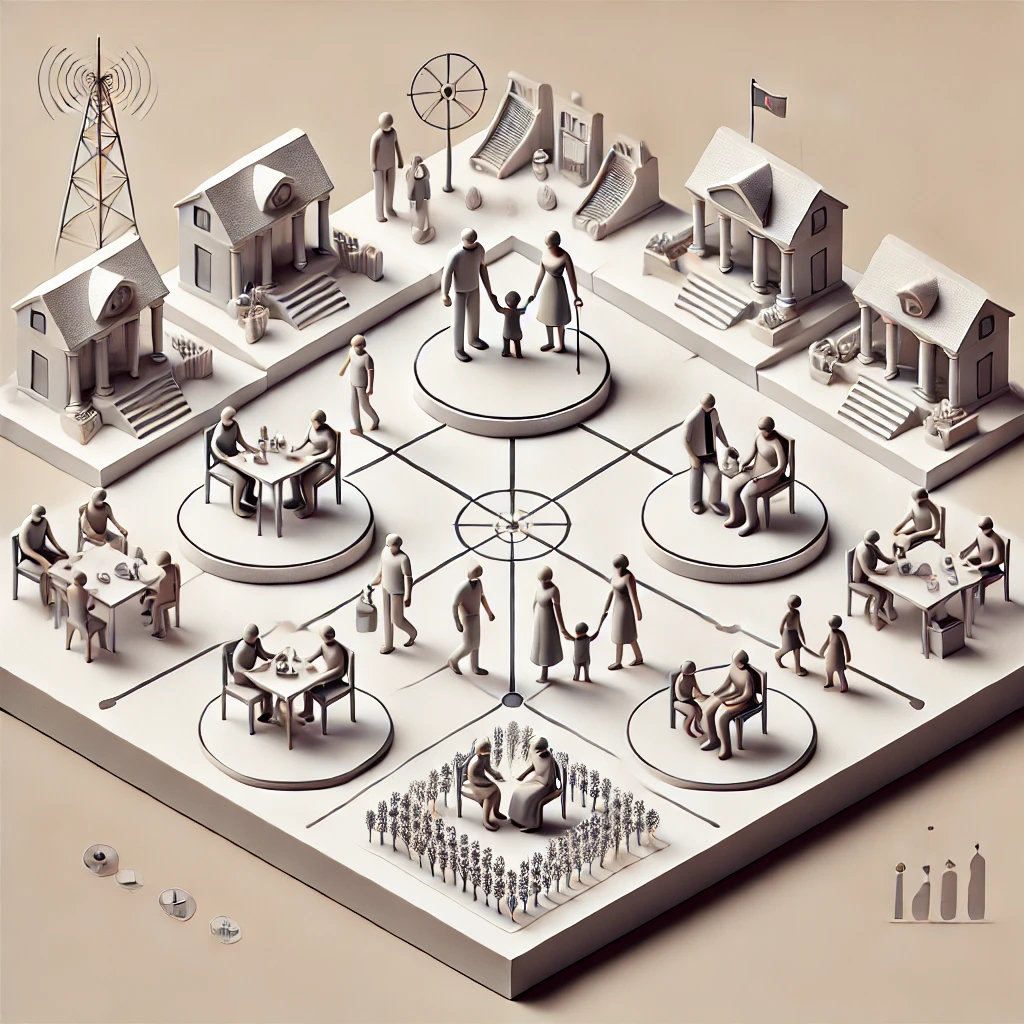
18 October 2024https://www.telegraph.co.uk/opinion/2024/10/18/germany-must-shed-its-reputation-as-europes-soft-underbelly/
Since this article talks about russian and german culture, it's worth noting that they are similar in many ways that might surprise us.We hear nothing but negative bitter crit of all things russian these days, but it is worth considering whether russia could play a useful and positive role a) counter balancing...












